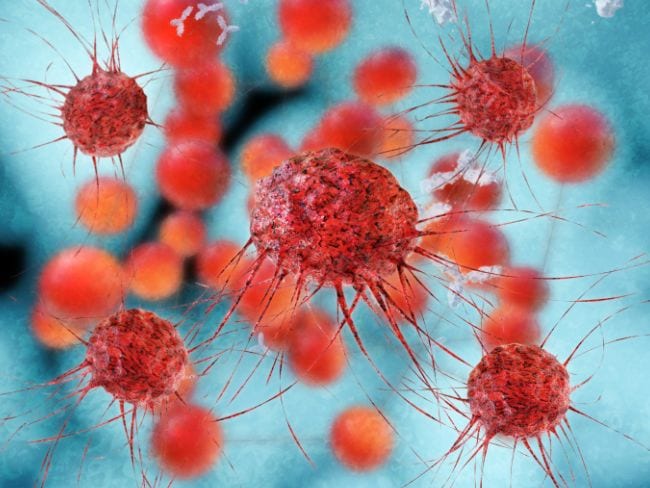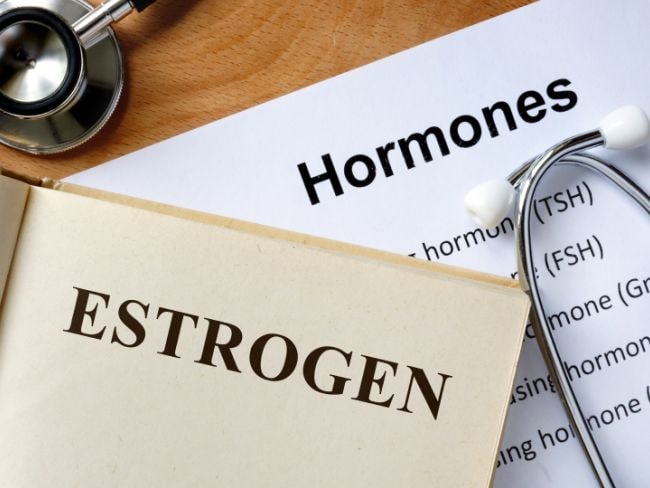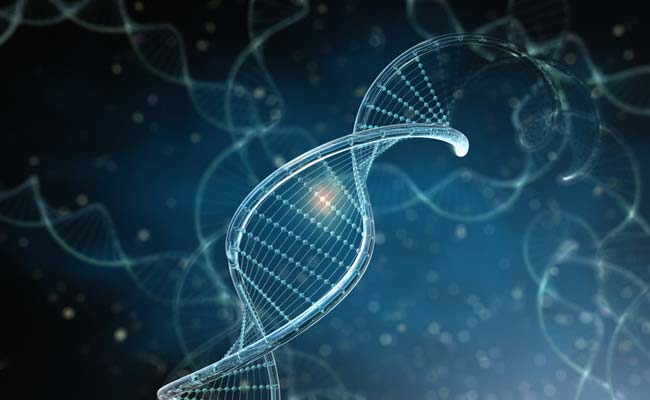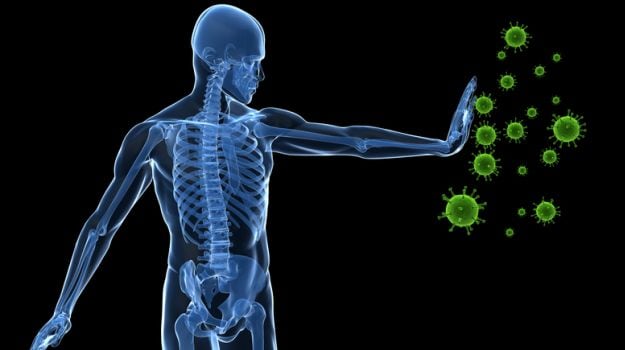Lupus is an autoimmune disease which is caused when our immune system does not function properly. It may have mild effects but in severe cases it can also become life threatening. It is not contagious.There are types of lupus that may affect a person. These include Discoid, Drug-Induced and Neonatal. According to the Lupus Foundation of India, about 5 million people worldwide suffer some from the disease. It further states that more than 90% of lupus sufferers are women. Doctors believe that it results from both genetic and environmental stimuli.The most common risk factors of lupus include exposure to sunlight, certain prescription medications, infection from Epstein-Barr virus, and exposure to certain chemicals. Environmental factors include extreme stress, exposure to ultraviolet light, smoking, some medications and antibiotics, infections and the Epstein-Barr viru (in children). Lupus occurs mostly between the age of 15-45.

What causes Lupus?1. Hormones
Hormones are chemical substances produced in the body that control and regulate the activity of certain cells or organs. Researchers have looked at the possible relationship between estrogen and lupus as 9 in every 10 occurences are in females. Estrogen is known to be an immune enhancing hormone, which means women have stronger immune systems than men. Hence the incidence of autoimmune diseases is generally higher in women in comparison to men.

2. Genetics No specific gene or group of genes has been proven to cause lupus. Lupus is more prevalent among some families and certain genes have been identified as contributing to the development of lupus. It is possible that identical twins may be raised in the exact same way in the same environment and feature the same inheritance yet only one of them may develop lupus. The risk of development of siblings of individuals with the disease is about 20 times higher than that of the general population.

3. Environmental FactorsEnvironmental elements that may trigger lupus include ultraviolet rays from the sun, cold or a viral infection, exhaustion, injury, exposure to silica dust in agricultural or industrial settings and smoking.

Effects of Lupus1. Kidneys: Inflammation of the kidneys (nephritis) can impair their ability to get rid of waste products and other toxins from the body effectively.2.Lungs: Some people with lupus develop pleuritis, an inflammation of the lining of the chest cavity that causes chest pain, particularly with breathing. Patients with lupus may also get pneumonia.3.Central Nervous System: In some patients, lupus affects the brain or the central nervous system. This can cause headaches, dizziness, depression, memory disturbances, vision problems, seizures, stroke or changes in behavior.

4. Blood vessels: Blood vessels may become inflamed (vasculitis), affecting the way blood circulates through the body.5. Deficiency: People with lupus may develop anemia, leukopenia (a decreased number of white blood cells) or thrombocytopenia (a decrease in the number of platelets in the blood, which assist in clotting)6. Heart: In some people with lupus, inflammation can occur in the heart (myocarditis and endocarditis) or the membrane that surrounds it (pericarditis), causing chest pain and other symptoms. Endocarditis can damage the heart valves, causing the valve surface to thicken and develop growths which can lead to heart murmurs.PreventionWhile there is no cure for lupus, early diagnosis and treatment can help in managing the symptoms and lessening the chance of permanent damage to organs or tissues.Lupus affects every person differently. Therefore, the treatment and medication is prescribed based on individual needs.For mild cases of lupus, medicines may include pain relievers and anti-inflammatory medicines.For more severe lupus, or when internal organs are affected, stronger prescription drugs are prescribed to protect organs such as the kidneys, heart, and lungs from further damage. Disclaimer:The opinions expressed within this article are the personal opinions of the author. NDTV is not responsible for the accuracy, completeness, suitability, or validity of any information on this article. All information is provided on an as-is basis. The information, facts or opinions appearing in the article do not reflect the views of NDTV and NDTV does not assume any responsibility or liability for the same.

What causes Lupus?1. Hormones
Hormones are chemical substances produced in the body that control and regulate the activity of certain cells or organs. Researchers have looked at the possible relationship between estrogen and lupus as 9 in every 10 occurences are in females. Estrogen is known to be an immune enhancing hormone, which means women have stronger immune systems than men. Hence the incidence of autoimmune diseases is generally higher in women in comparison to men.

2. Genetics No specific gene or group of genes has been proven to cause lupus. Lupus is more prevalent among some families and certain genes have been identified as contributing to the development of lupus. It is possible that identical twins may be raised in the exact same way in the same environment and feature the same inheritance yet only one of them may develop lupus. The risk of development of siblings of individuals with the disease is about 20 times higher than that of the general population.

3. Environmental FactorsEnvironmental elements that may trigger lupus include ultraviolet rays from the sun, cold or a viral infection, exhaustion, injury, exposure to silica dust in agricultural or industrial settings and smoking.

Effects of Lupus1. Kidneys: Inflammation of the kidneys (nephritis) can impair their ability to get rid of waste products and other toxins from the body effectively.2.Lungs: Some people with lupus develop pleuritis, an inflammation of the lining of the chest cavity that causes chest pain, particularly with breathing. Patients with lupus may also get pneumonia.3.Central Nervous System: In some patients, lupus affects the brain or the central nervous system. This can cause headaches, dizziness, depression, memory disturbances, vision problems, seizures, stroke or changes in behavior.

4. Blood vessels: Blood vessels may become inflamed (vasculitis), affecting the way blood circulates through the body.5. Deficiency: People with lupus may develop anemia, leukopenia (a decreased number of white blood cells) or thrombocytopenia (a decrease in the number of platelets in the blood, which assist in clotting)6. Heart: In some people with lupus, inflammation can occur in the heart (myocarditis and endocarditis) or the membrane that surrounds it (pericarditis), causing chest pain and other symptoms. Endocarditis can damage the heart valves, causing the valve surface to thicken and develop growths which can lead to heart murmurs.PreventionWhile there is no cure for lupus, early diagnosis and treatment can help in managing the symptoms and lessening the chance of permanent damage to organs or tissues.Lupus affects every person differently. Therefore, the treatment and medication is prescribed based on individual needs.For mild cases of lupus, medicines may include pain relievers and anti-inflammatory medicines.For more severe lupus, or when internal organs are affected, stronger prescription drugs are prescribed to protect organs such as the kidneys, heart, and lungs from further damage. Disclaimer:The opinions expressed within this article are the personal opinions of the author. NDTV is not responsible for the accuracy, completeness, suitability, or validity of any information on this article. All information is provided on an as-is basis. The information, facts or opinions appearing in the article do not reflect the views of NDTV and NDTV does not assume any responsibility or liability for the same.
Advertisement









